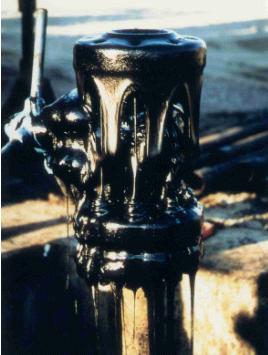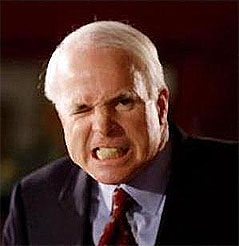I am actually a fan of the Wall Street Journal, and have subscribed for the better part of 25 years, either in paper or electronic form, since the day my economics professor, J.J. Seneca, handed out discount cards in class. Their reporting gets right down to the heart of an issue, without reiterating all sorts of basic information from yesterday’s news story.
However, I have never been a fan of their editorial page, as it is too far to the right for the son of a teacher and life-long Democrat. Friday’s editorial by Stephen Moore, recounting all the glamour of the Ayn Rand days (something Alan Greenspan did in his biography), is no exception. As the free market melts around us because it was not properly regulated, here we have a guy whining about both past and present economic stimulous packages on the table. The sheer lack of humility exhibited by the article is appalling. When Alan Greenspan can admit that he was wrong, the Wall Street Journal seems incapable of allowing for the possibility that Libertarian methods might not be the only path to salvation.
This follows up a previous article in which the WSJ claimed that the New Deal had failed. Failure is in the eye of the beholder, and simply putting food on the table in the 30s was considered quite an accomplishment. Perhaps this is why FDR was elected four times.
But this isn’t the worst of the WSJ’s latest crimes. Last year they added a feature where readers could comment on stories by simply clicking on a comment tab. More recently that tab has disappeared from political editorials. So go ahead and comment on a factual story, but please save your disdain for their snobbish opinions for somewhere else. How very Murdoch-esque.
Mind you, I don’t know if a New New Deal is the right approach. But I guess I’m just a little more chastened than these guys.
 You often hear analysts say that they have a particular target price for a stock or a commodity. That means that in their heads they expect the value of that thing to hit that price over a certain period of time. But now we have OPEC saying that they have a target price of
You often hear analysts say that they have a particular target price for a stock or a commodity. That means that in their heads they expect the value of that thing to hit that price over a certain period of time. But now we have OPEC saying that they have a target price of 

 As we discussed, customer loyalty is worth something to airlines. They spend billions of dollars worth of free services each year in order to maintain that loyalty, and their strategic alliances are intertwined with that customer loyalty.
As we discussed, customer loyalty is worth something to airlines. They spend billions of dollars worth of free services each year in order to maintain that loyalty, and their strategic alliances are intertwined with that customer loyalty.